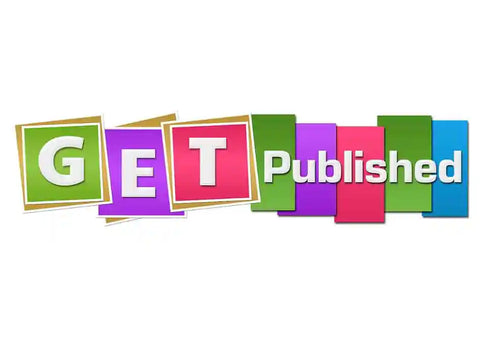The Importance of Refined Writing Skills for Legal Professionals
Legal careers are notoriously busy careers that tend to involve a great deal of professional writing. Pleadings, briefs, contracts, letters and memoranda are produced daily by lawyers, and many legal professionals also write scholarly articles and books, practice guidance notes and manuals, research reports and presentations, webinars and other instructional material, legal updates and checklists, and a host of other documents essential to their jobs. Each and every one of these documents must be written with clarity and precision based on extensive research and discussion. Not only is the reputation of the writer and his or her law firm at stake, but the life, livelihood and peace of mind of clients can also be profoundly affected by what a legal professional writes.
The importance of accomplished writing begins very early in legal careers, with the acquisition and refinement of writing skills a key element in the education of law students and junior attorneys. Law schools have incredibly competitive application processes, and an excellent academic record is not enough when every applicant can boast one. A thoughtful, convincing and well-written personal statement can set you apart from other applicants and also serve as a demonstration of your ability to synthesise complex information into persuasive and compelling arguments – an ability that will prove necessary in your future career. Once you are accepted into a law programme, you will need to write essays and assignments and in some cases a dissertation or thesis, which will place new and challenging demands on your writing skills. When you become a junior attorney, your written work must reflect well on you and the senior lawyers in your firm and it must also provide your clients with the best possible service – ideally, a winning service.
Unfortunately, many legal documents are plagued by an excessive use of legalese. Large amounts of complex and detailed information must necessarily be expressed with absolute clarity and accuracy in legal documents, but legalese rarely succeeds in achieving this goal. Overly specialised or archaic terminology and syntax that is convoluted and cumbersome may aim to communicate with precision and sophistication, but their effect in practice can be quite the opposite, obstructing comprehension and misleading readers. A similar effect can be produced when an author dives into the complexities of an issue or situation without first explaining and clarifying the background and main points.
It is always wise to view the legal documents you write from the perspective of those they concern, as much as this is possible. Remember that contracts should not irritate clients and briefs should not exhaust judges. Advocacy documents must be understood to be persuasive, and the language and content of each document must appropriately address its intended audience, not talk down to readers or lose them entirely. The wrong word or even a misplaced piece of punctuation can result in text that does not say exactly what it should, which can not only prove frustrating for its users, but also lead to future legal issues. For that reason alone, legal documents always require the highest standard of proofreading.
Why Our Editing and Proofreading Services?
At Proof-Reading-Service.com we offer the highest quality journal article editing, dissertation proofreading and online proofreading services via our large and extremely dedicated team of academic and scientific professionals. All of our proofreaders are native speakers of English who have earned their own postgraduate degrees, and their areas of specialisation cover such a wide range of disciplines that we are able to help our international clientele with research editing to improve and perfect all kinds of academic manuscripts for successful publication. Many of the carefully trained members of our manuscript editing and proofreading team work predominantly on articles intended for publication in scholarly journals, applying painstaking journal editing standards to ensure that the references and formatting used in each paper are in conformity with the journal’s instructions for authors and to correct any grammar, spelling, punctuation or simple typing errors. In this way, we enable our clients to report their research in the clear and accurate ways required to impress acquisitions proofreaders and achieve publication.
Our scientific proofreading services for the authors of a wide variety of scientific journal papers are especially popular, but we also offer manuscript proofreading services and have the experience and expertise to proofread and edit manuscripts in all scholarly disciplines, as well as beyond them. We have team members who specialise in medical proofreading services, and some of our experts dedicate their time exclusively to dissertation proofreading and manuscript proofreading, offering academics the opportunity to improve their use of formatting and language through the most exacting PhD thesis editing and journal article proofreading practices. Whether you are preparing a conference paper for presentation, polishing a progress report to share with colleagues, or facing the daunting task of editing and perfecting any kind of scholarly document for publication, a qualified member of our professional team can provide invaluable assistance and give you greater confidence in your written work.
If you are in the process of preparing an article for an academic or scientific journal, or planning one for the near future, you may well be interested in a new book, Guide to Journal Publication, which is available on our Tips and Advice on Publishing Research in Journals website.








